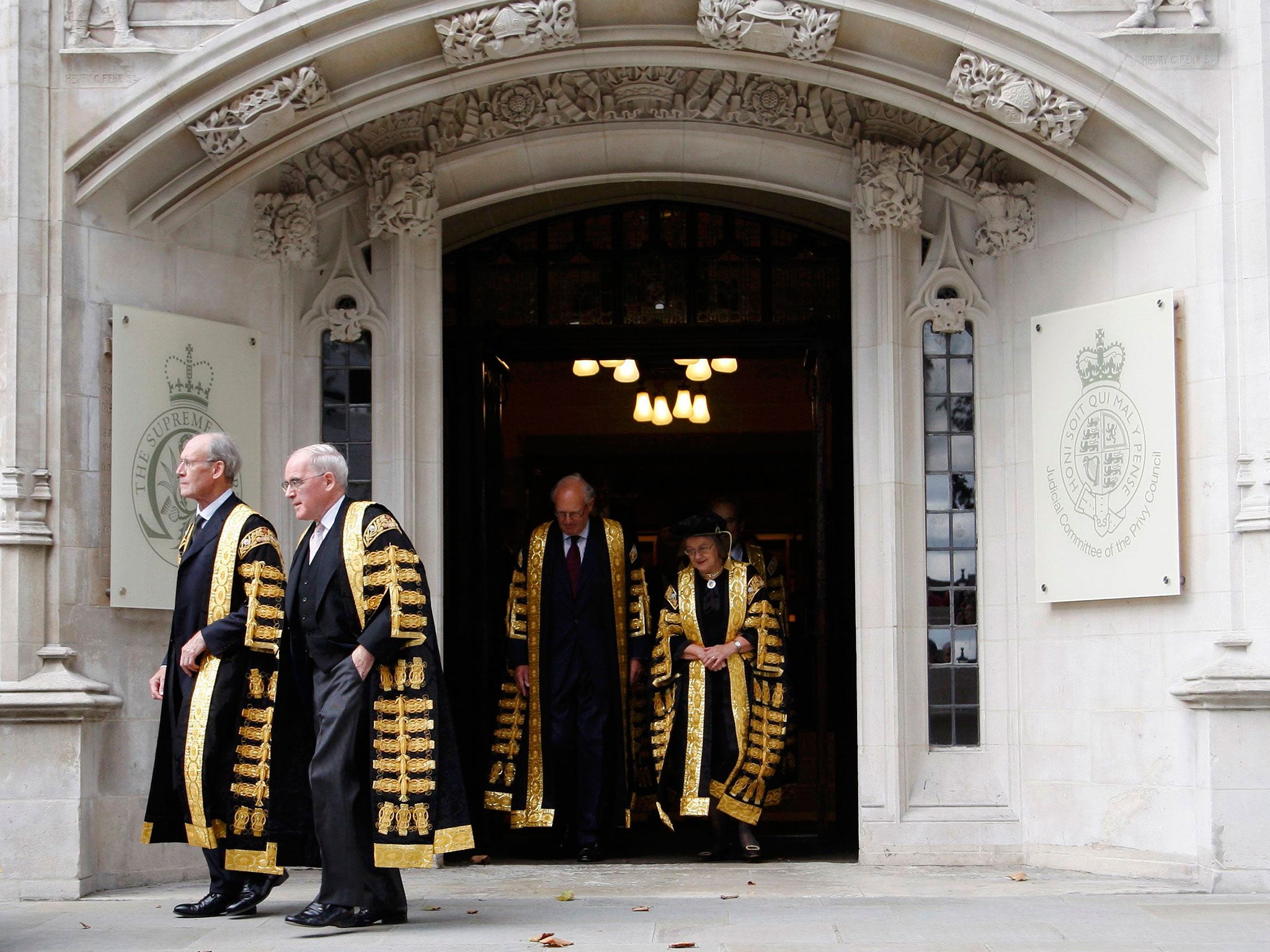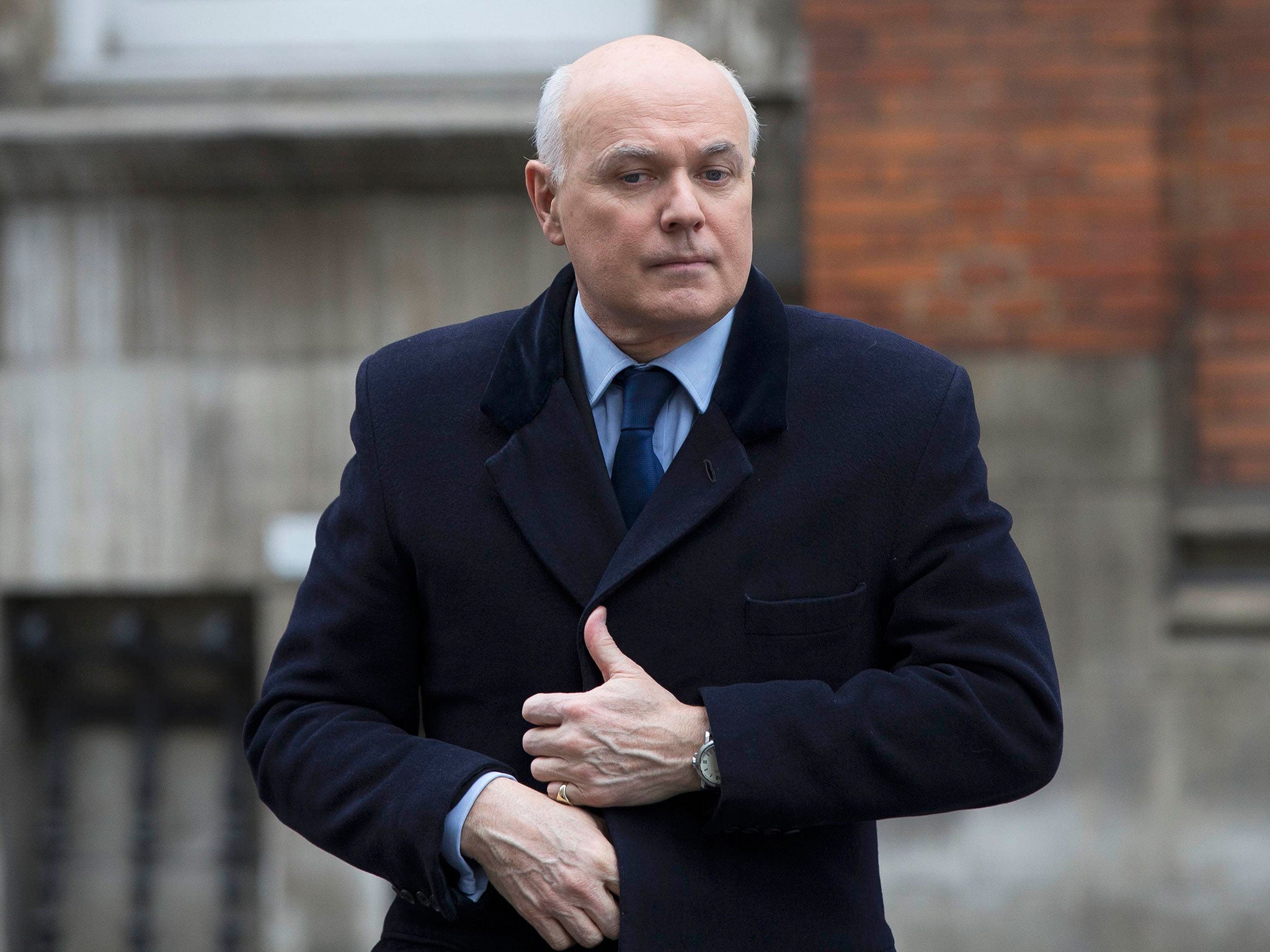Government spends £100,000 on lawyers to defend the bedroom tax
The DWP is fighting a rape victim and the family of a severely disabled child

Your support helps us to tell the story
From reproductive rights to climate change to Big Tech, The Independent is on the ground when the story is developing. Whether it's investigating the financials of Elon Musk's pro-Trump PAC or producing our latest documentary, 'The A Word', which shines a light on the American women fighting for reproductive rights, we know how important it is to parse out the facts from the messaging.
At such a critical moment in US history, we need reporters on the ground. Your donation allows us to keep sending journalists to speak to both sides of the story.
The Independent is trusted by Americans across the entire political spectrum. And unlike many other quality news outlets, we choose not to lock Americans out of our reporting and analysis with paywalls. We believe quality journalism should be available to everyone, paid for by those who can afford it.
Your support makes all the difference.The Department for Work and Pensions has spent over £100,000 on lawyers fighting a court battle to save its controversial “bedroom tax” policy.
Ministers were told that the under-occupancy charge – which mainly affects disabled people – was “unlawful” and “discriminatory” by the Court of Appeal in January.
The Government had been taken to court by the parents of a severely disabled child, who were forced to pay the charge on a room slept in by overnight carers and used to store specially adapted equipment.

A rape victim who was also being forced to pay the charge on her police-installed panic room was also successful in her case against the Department at the same time.
Ministers rejected the court ruling and said they would get it overturned at the Supreme Court, however.
As previously reported, around £50,000 of taxpayers’ cash was spent fighting the vulnerable people’s claims up to the point the Court of Appeal ruled against the Department.

Now new figures disclosed by ministers show £52,299 extra has already been spent on legal costs since the Government decided to appeal the ruling at the Supreme Court.
Shadow Work and Pensions Secretary Owen Smith told the Daily Mirror newspaper:
“The new Secretary of State has a chance to quickly bring an end to the Bedroom Tax, one of Iain Duncan Smith’s most shameful legacies.
“It’s a brutal policy that’s being used to take money from disabled people, so the Tories can give tax breaks to the wealthiest and big business.
“If Stephen Crabb doesn’t drop this eye-wateringly expensive legal case against a family in his own constituency with a severely disabled grandson, it’ll show the change of management at the DWP just means meet the new boss, same as a the old boss.”
A Department for Work and Pensions spokesman said: “Removing the spare room subsidy has restored fairness to the system.
“We know there are cases like these where people need extra help which is why we’re giving local authorities £870 million for discretionary payments.”
Join our commenting forum
Join thought-provoking conversations, follow other Independent readers and see their replies
Comments